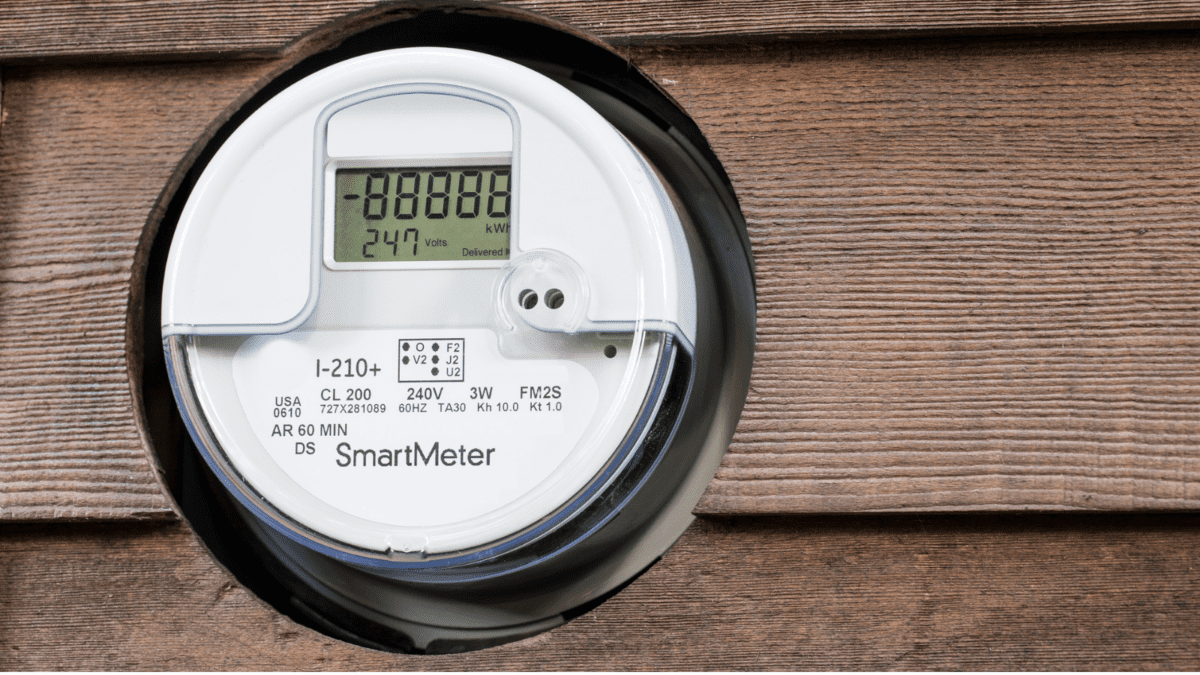Europe the standout with ‘rosy outlook’ – Oliver
While the last 12 months has been relatively smooth sailing as far as economic growth is concerned, concerns are rising that the September quarter figure is likely to contract quite sharply. At the end of 2020 and start of 2021, the economy rebounded strongly from Covid-19, recording growth of 3.1% in the December quarter and 1.8% in March.
AMP’s chief economist Shane Oliver isn’t too concerned about the recent rise in inflation, saying “headline inflation is likely transitory and reflects base effects, higher commodity prices and goods supply bottlenecks. Underlying inflation to remain more constrained.”
Everything rests on a safe exit from Covid-19. Vaccines are so far showing high effectiveness in preventing serious illness and death, but they are unable to prevent the spread of the Delta variant. That means this won’t be a quick exit, case numbers will rise and a high vaccination rate is needed to keep the population safe.
With that in mind, the focus shifts to Europe, which looks more promising than the local economy. Even China has slowed due to the negative effects of the pandemic.
The International Monetary Fund (IMF) seems to think along the same path, recently raising its projection for economic growth in 2021 to 6%, up from 5.5%, and projecting 4.4% growth in 2022. This outlook is centred around the effectiveness of fiscal policy in moderating economic damage. Oliver lists four main reasons why offshore growth is more than likely to be stronger than domestic growth.
These are:
- Massive and continuing fiscal stimulus
- Ultra-easy monetary policy
- Pent-up demand evident in excess savings and high saving rates
- Vaccines are working in heading-off serious illness (although mutations are a risk)
Back home, Australia has gone from being a ‘Covid-free paradise’ to a ‘Delta-infected mess’. Lockdowns and strict border measures worked by effective preventing Covid-19 from breaching ‘fortress walls.’ Australians have largely enjoyed near-normal lives, beaches and restaurants while the rest of the globe was in a world of pain.
But in June this year, the picture changed quite dramatically, with a much more infectious Delta variant breaching through, causing an uncontrollable outbreak. Melbourne still remains in lockdown with a citywide curfew in a last-ditch attempt to contain cases and increase vaccinations. With angry protests taking place, it is no easy task. Economists are tipping the recent lockdowns have cost around $12.5 billion.
And so, the concern is that this will push the economy into its second recession.
Oliver is however cautiously optimistic saying, “despite current problems Australia has come through the pandemic better than many countries – particularly in terms of lives saved.” He goes on to list five reasons to expect strong growth in 2022.
- Vaccine rates are rising sharply
- Strong global recovery will benefit the more cyclical Australian economy
- Pent-up demand
- Business investment plans have improved
- Policy stimulus remains significant
On a 6-12-month view, Oliver says there are more positives than negatives, listing the following factors:
The negatives
- Coronavirus keeps coming back
- China tensions
- Economic recovery will be slower going forward
- There is a short-term spike in inflation
The positives
- Vaccines are preventing serious illness, allowing reopening to continue
- Monetary and fiscal policy remain ultra-easy
- Low rates make shares cheap
- The US is quieter under Biden
- Massive US fiscal stimulus + new Cold War could be a boost to productivity in the short term
- Earnings expectations are still being revised upward









